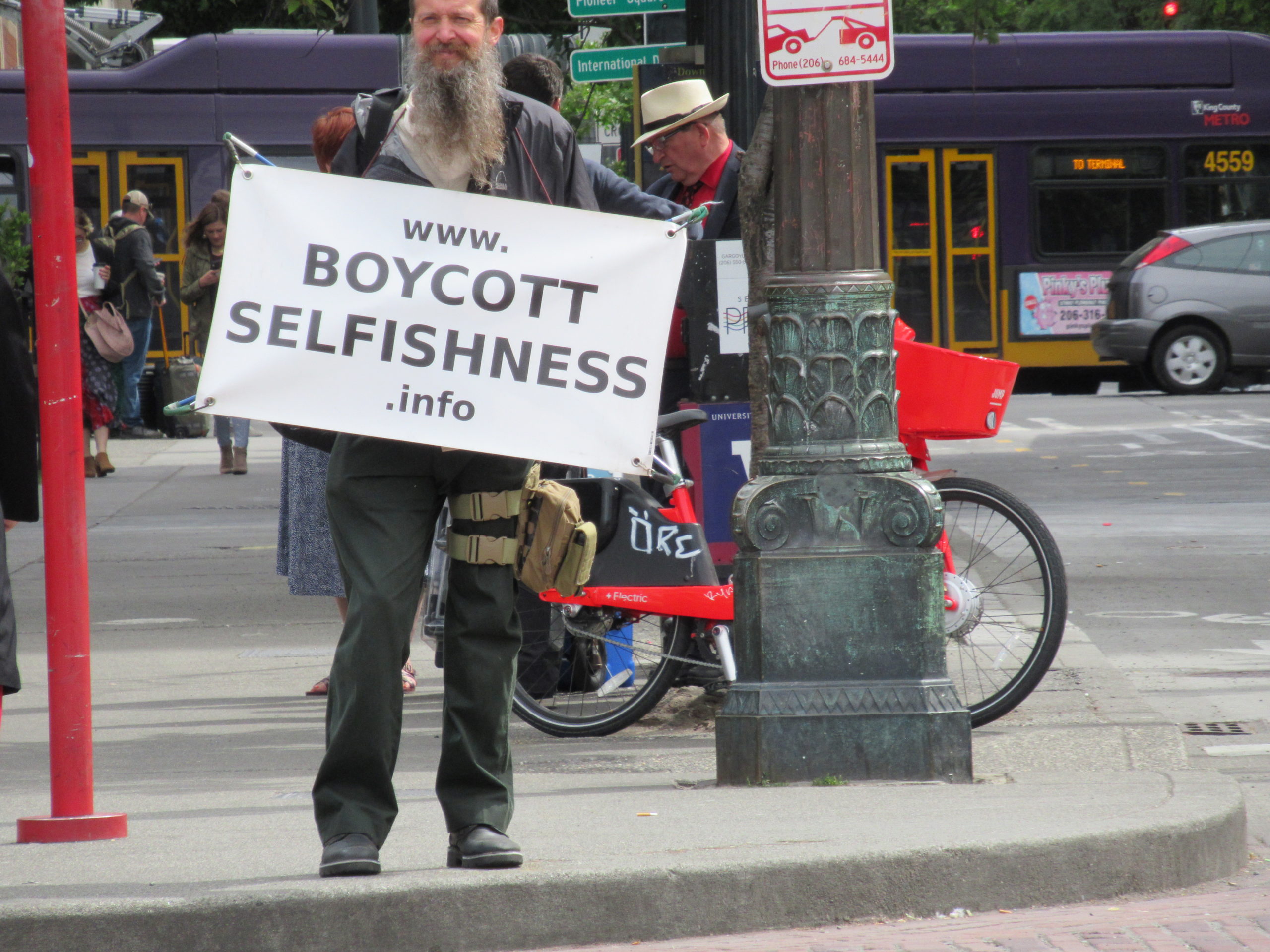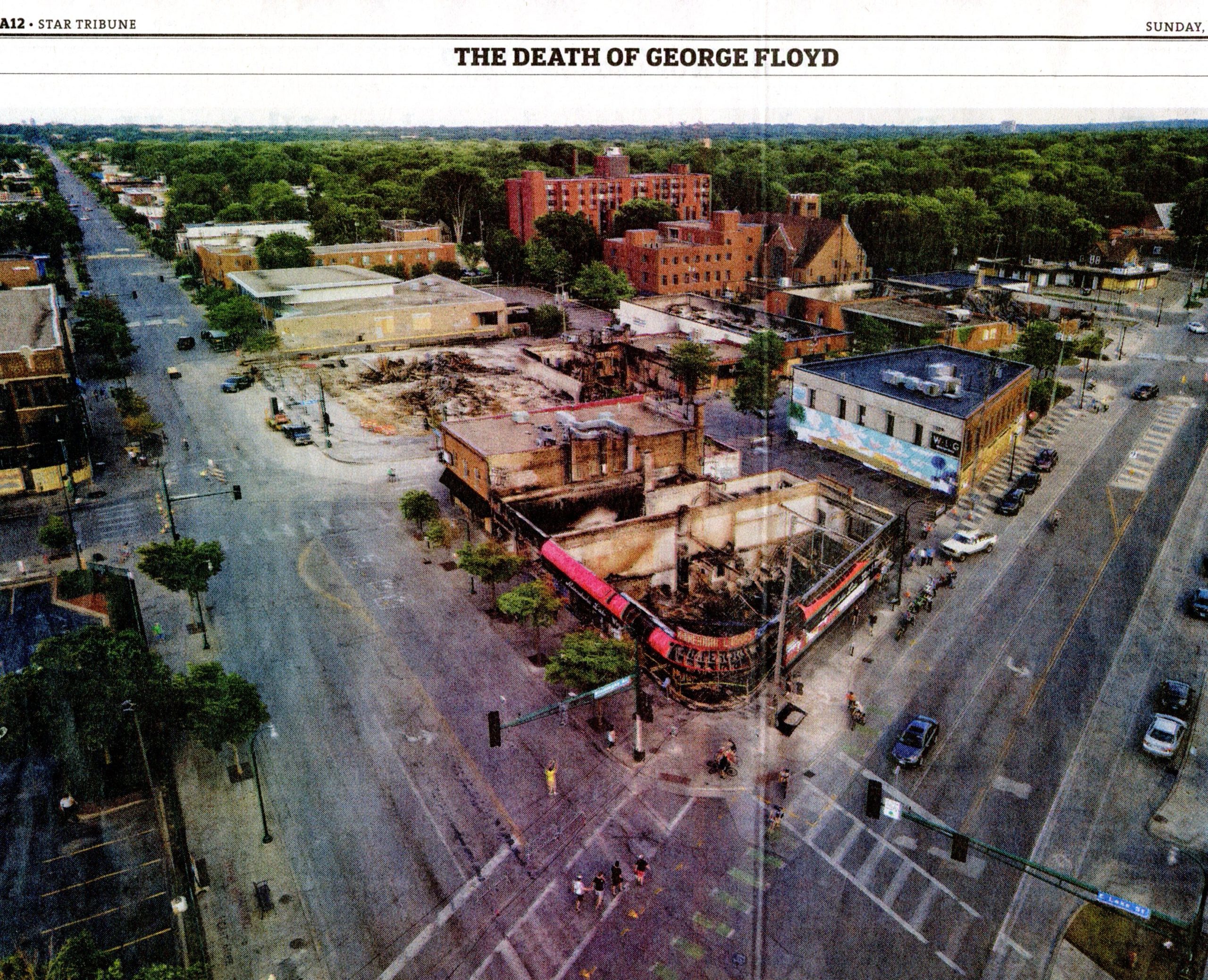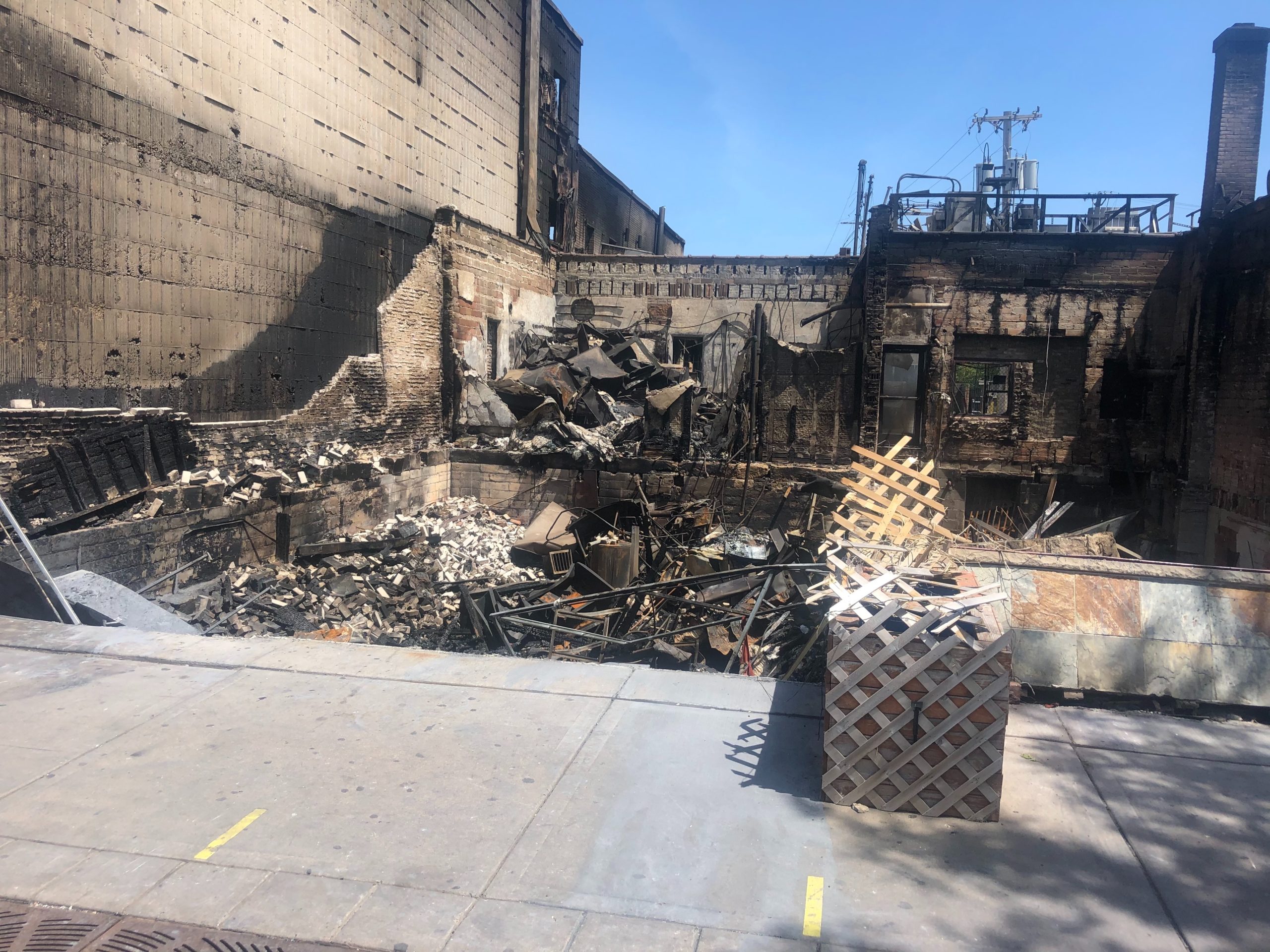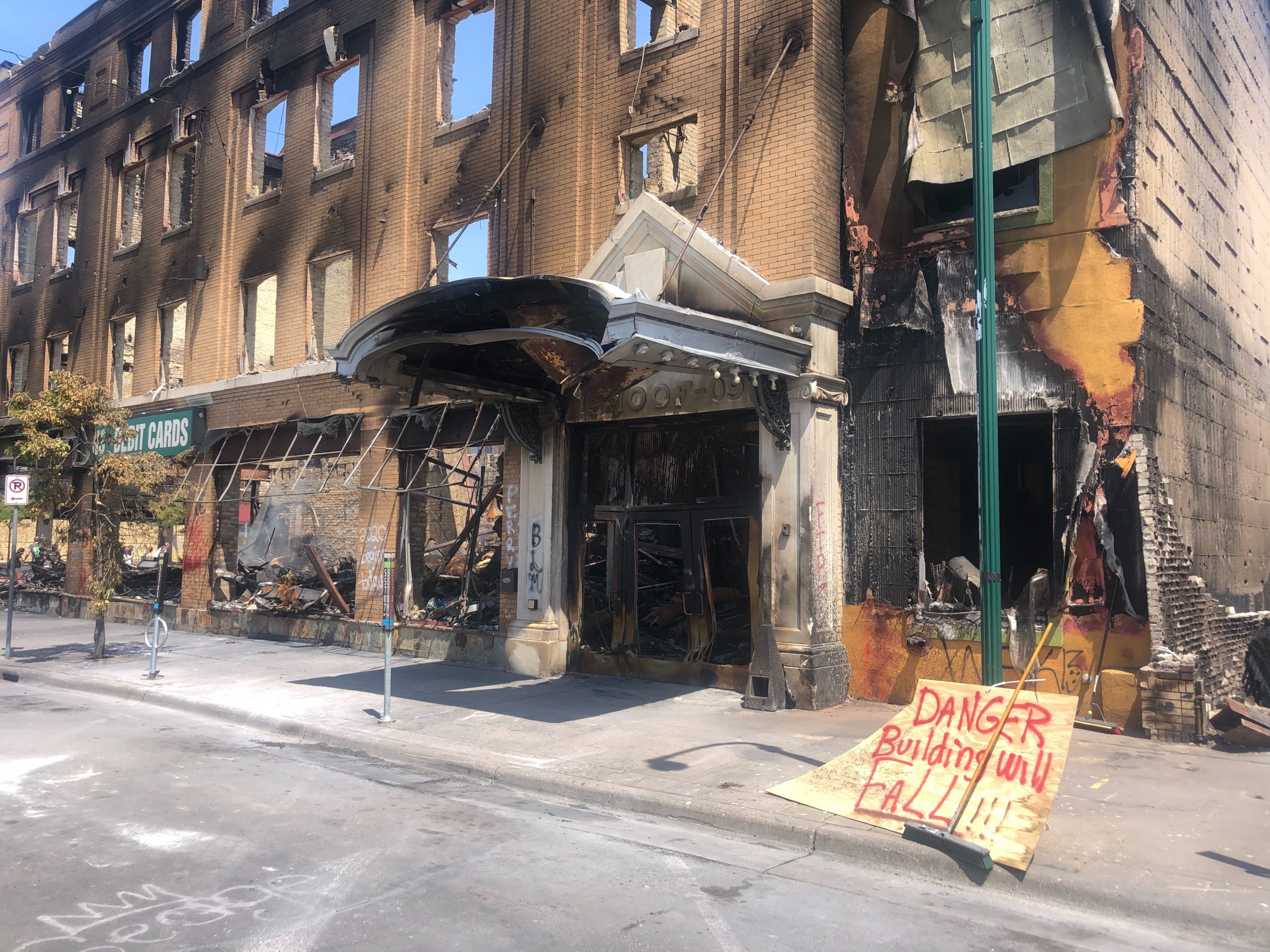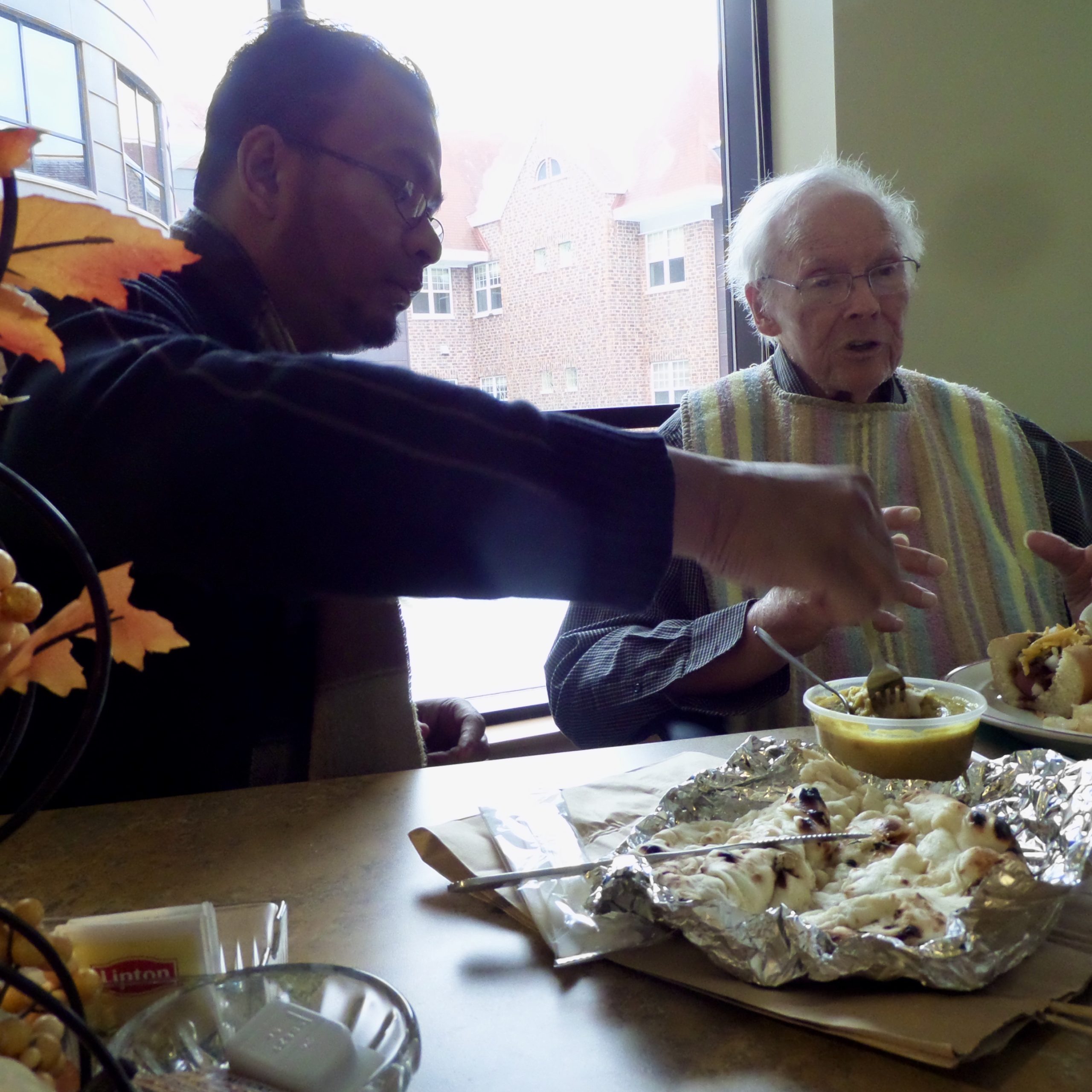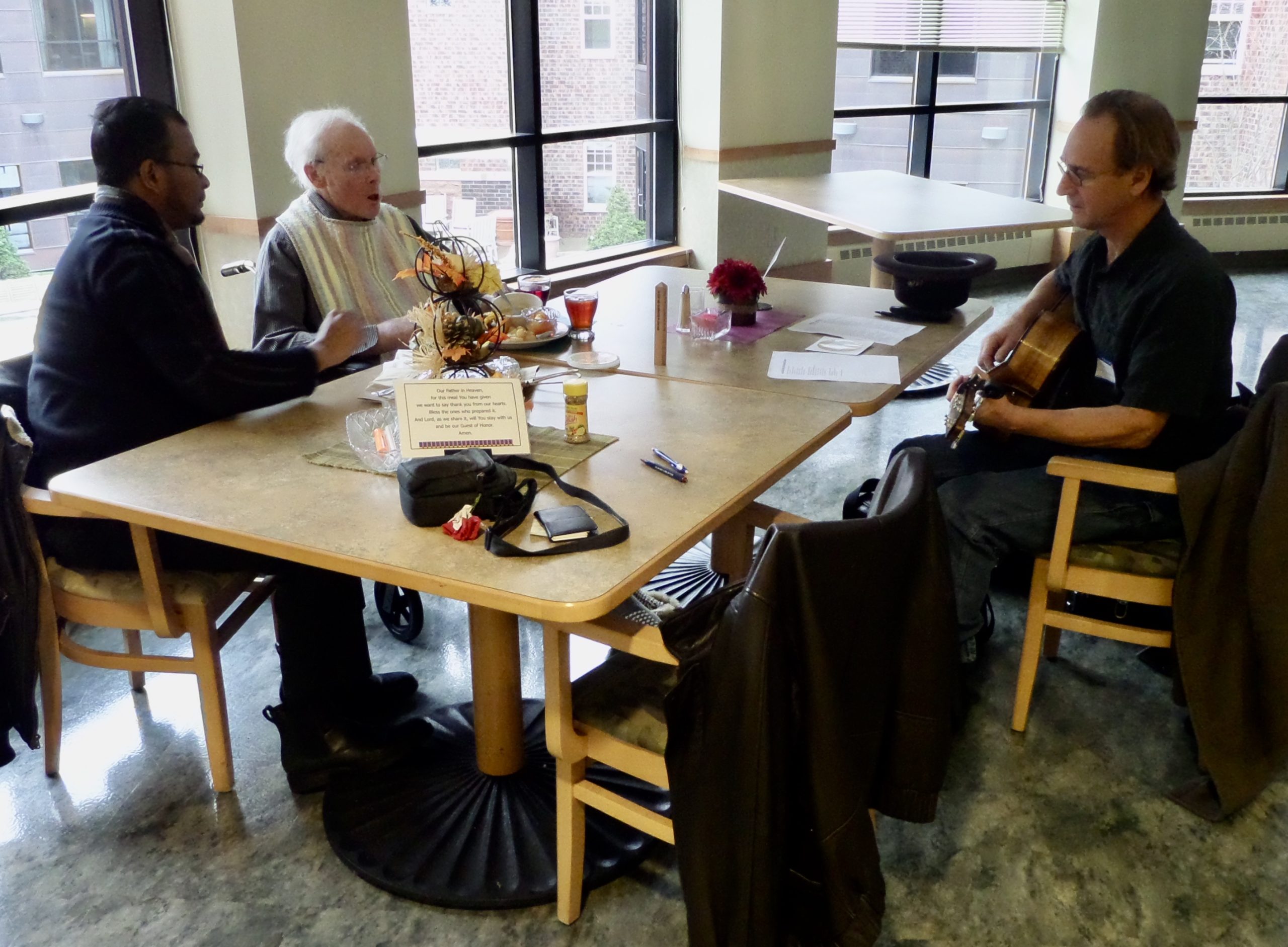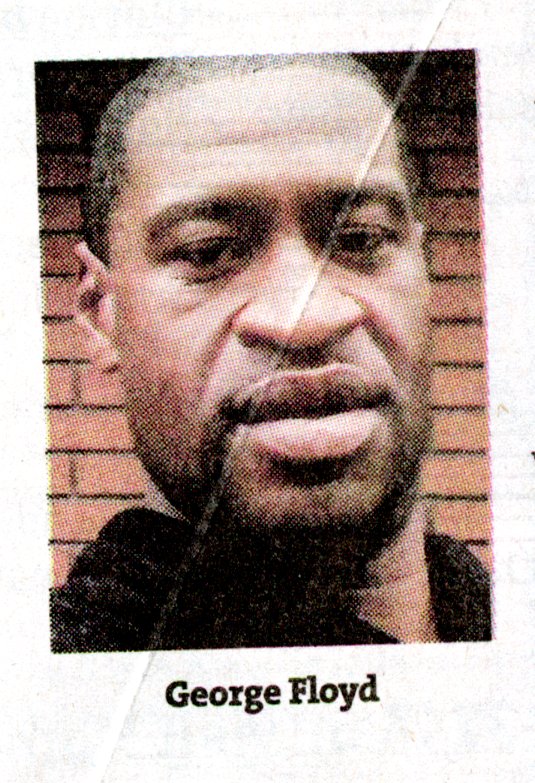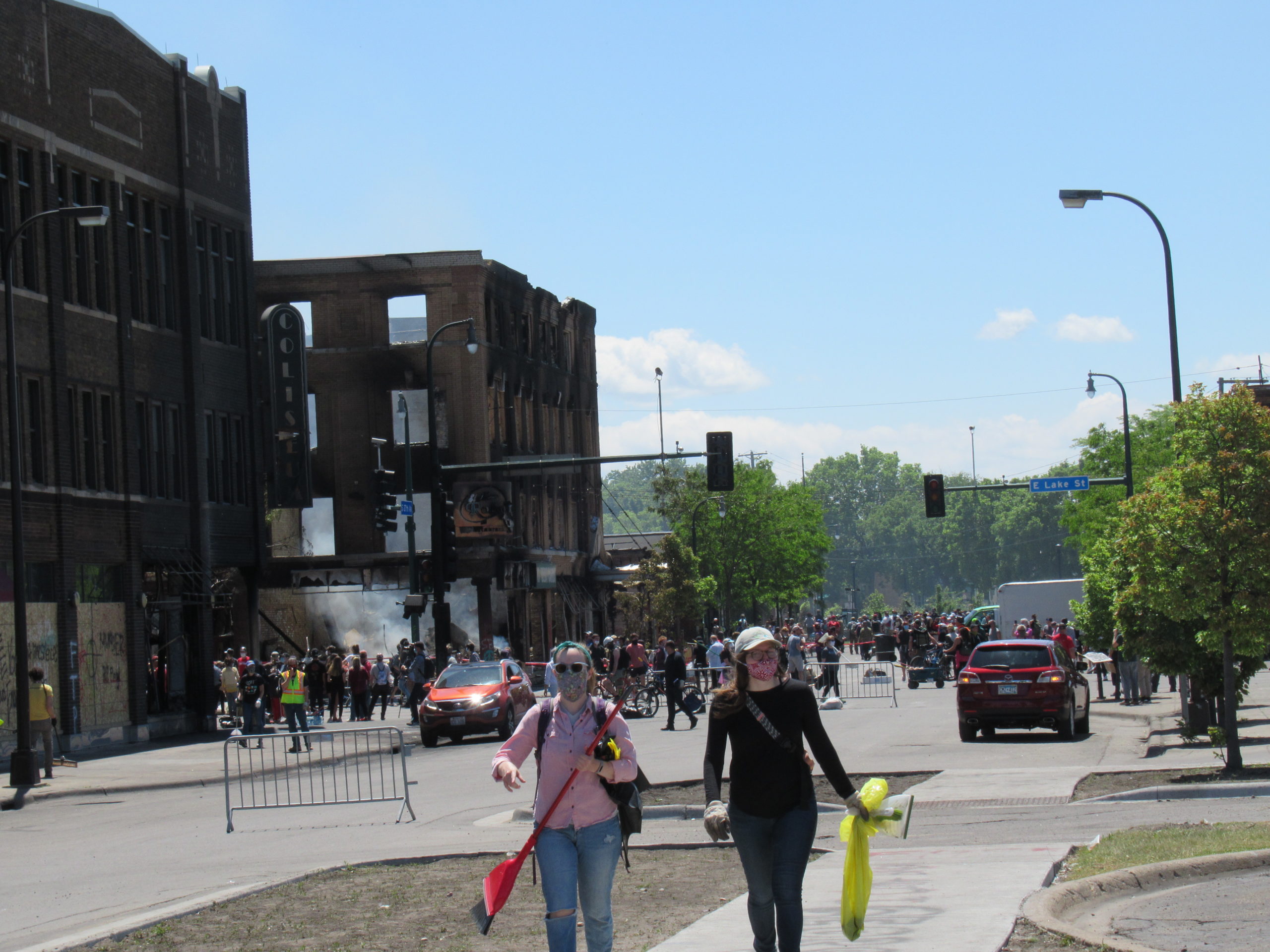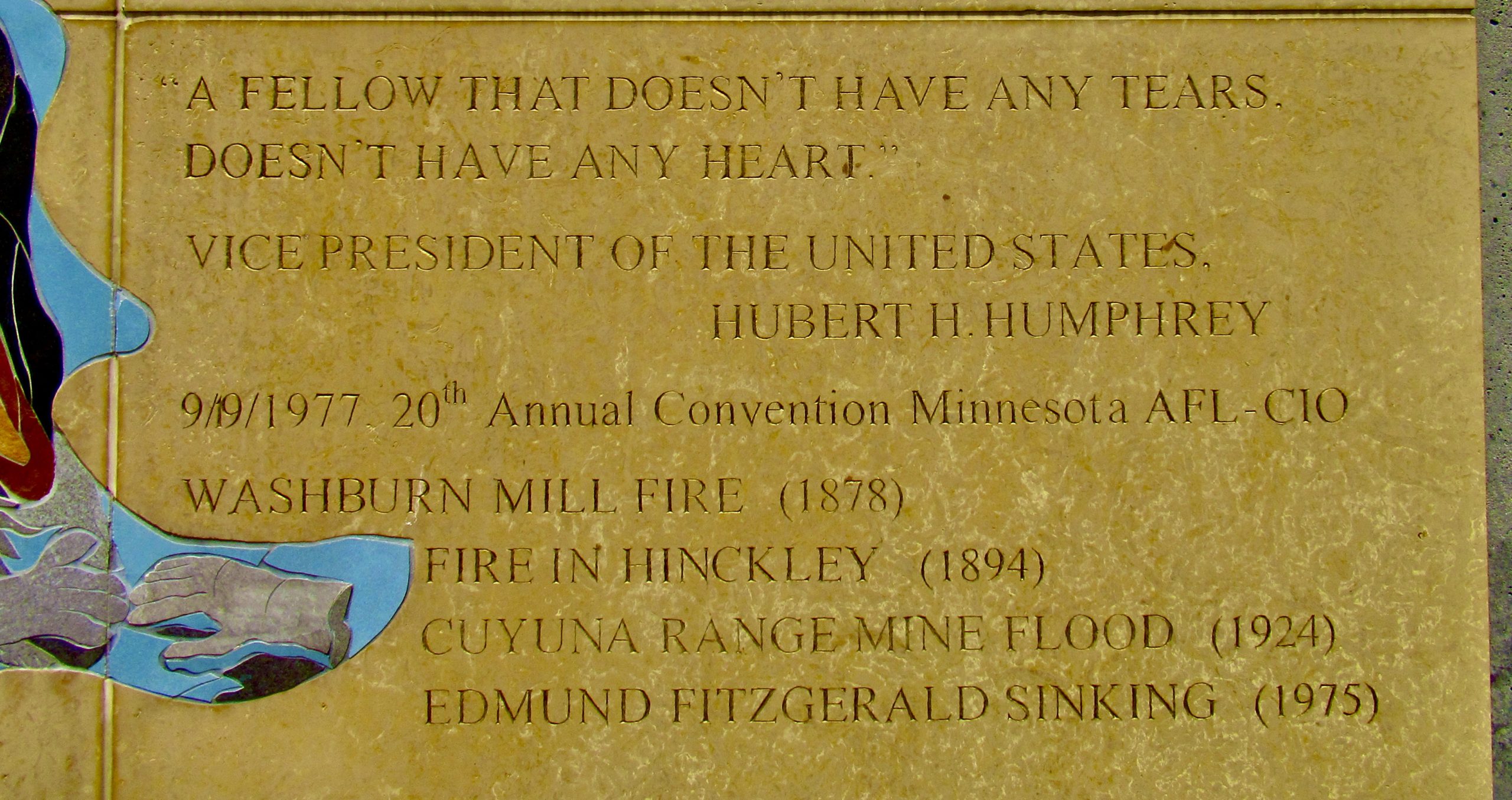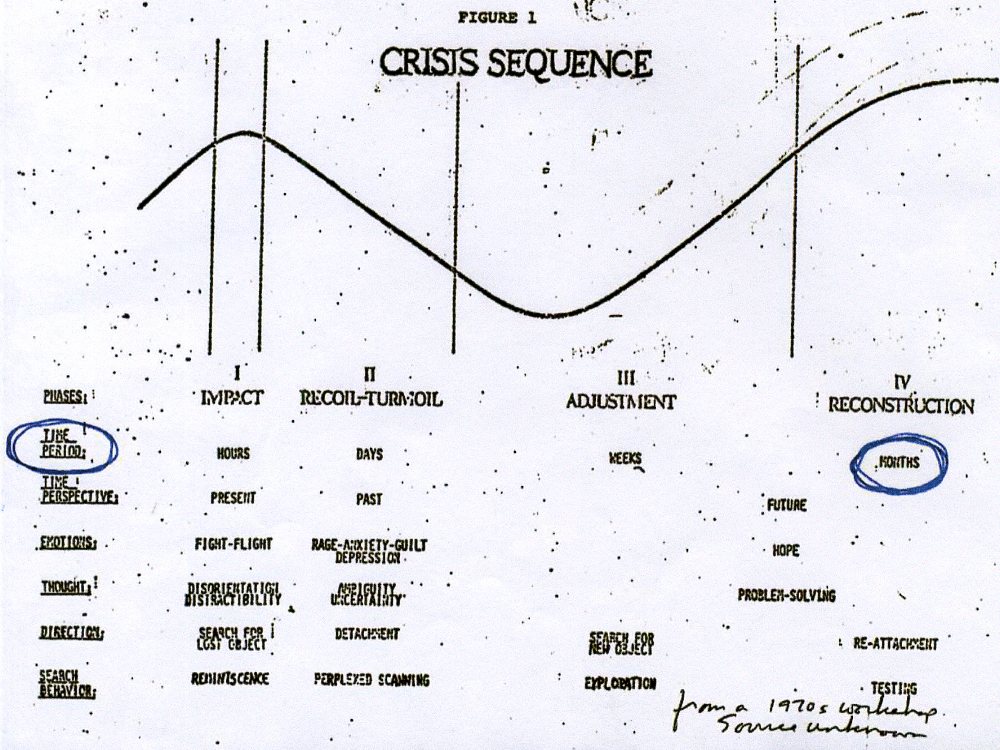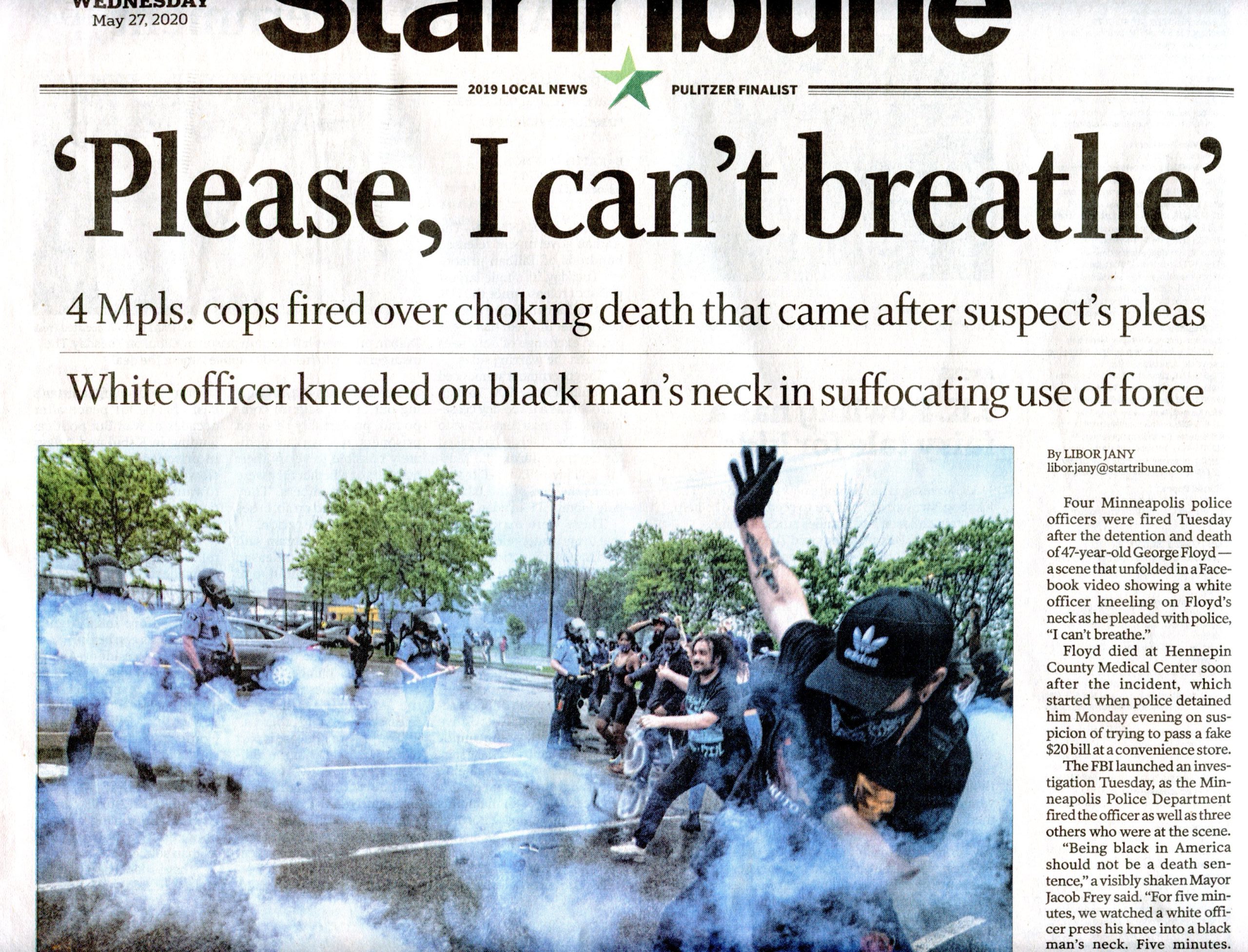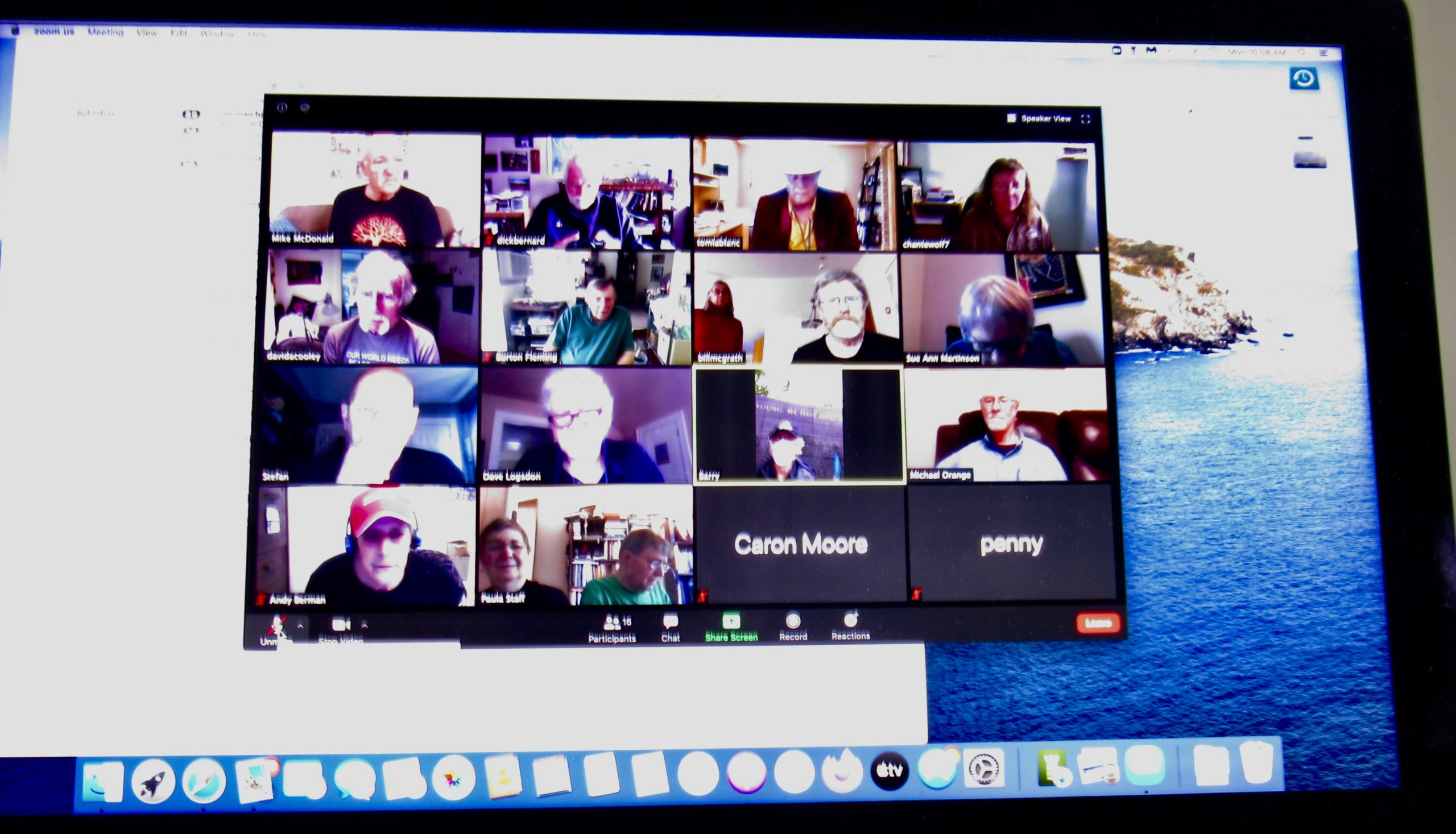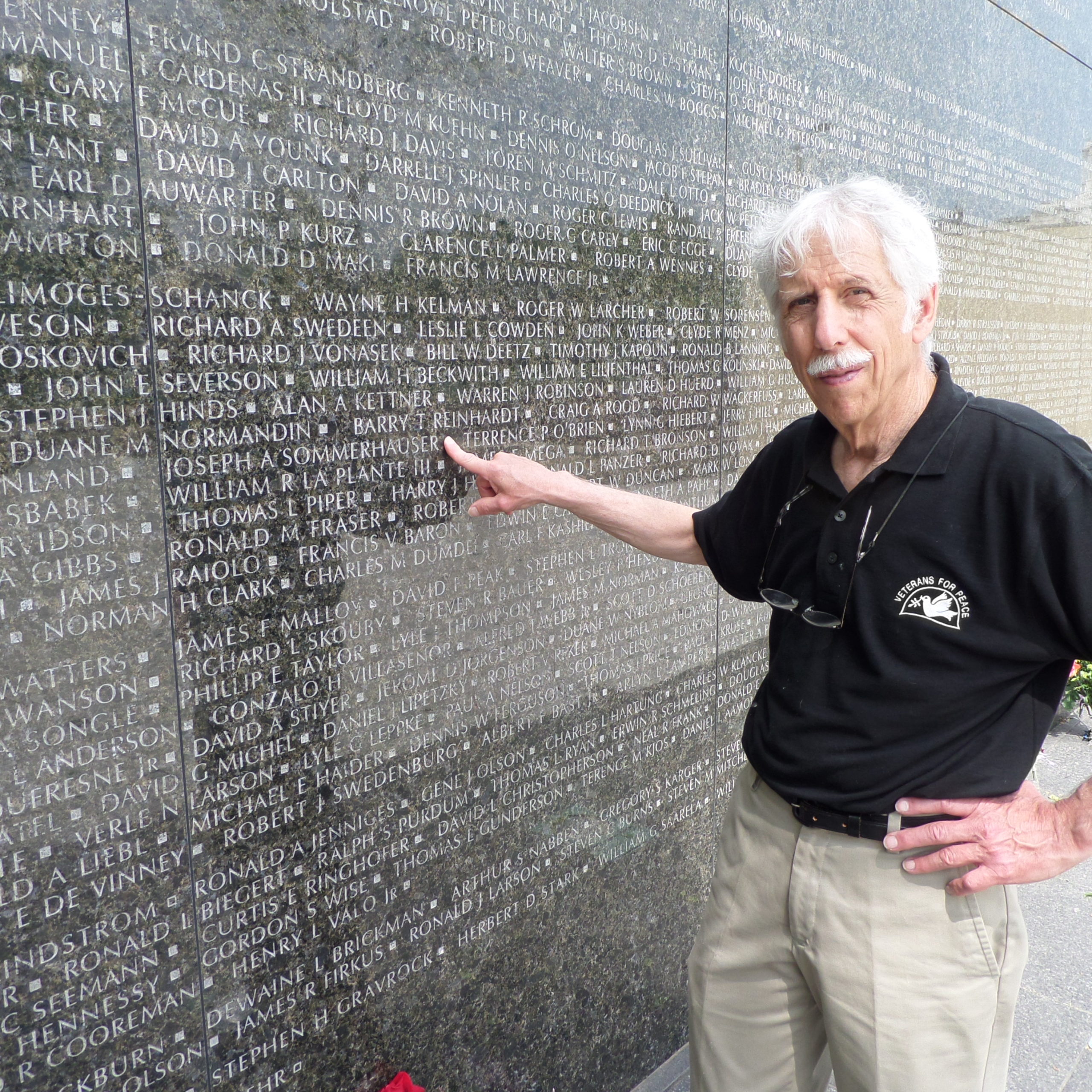Union
Tuesday night I joined a webcast of MN Interfaith Power and Light, a strong local activist group. There were near 100 participants, and the meeting was organized in the usual way our society does things. It was a very well run meeting, on Zoom, as is typical these days. I chose to be a listener, not on camera, on mute.
Tonights gathering, which I felt was excellent in every way, is a good place to comment briefly on the concept of “Union”, which is again being challenged in the wake of George Floyd and the Minneapolis Police Federation.
I speak as a person who was a Union Organizer for 27 years, beginning 48 years ago. My union, now called Education Minnesota, is, I think, the largest single union in the Minnesota AFL-CIO. I have some perspective.
We are a nation of all sorts of “unions”, the most common, probably, are those ubiquitous relationship unions of two people, most commonly called “marriage”.
And, the first words of the Constitution of the United States of America are these: “We the People of the United States, in Order to form a more perfect Union….”
*
So, what is “Union” in the context of our country?
First a Union is a collection of people with some degree of common interest. We know unions are imperfect: think an ordinary garden variety marriage.
Typically, larger groups of people band together and pick someone to be a leader.
If someone complains to me about who represents us as President of the U.S., my retort is that we all elected him, whether or not we bothered to cast an informed vote, or even voted at all in 2016. He won. So it is with the President of anything. He or she is there for some reason relating to the membership who participated, or could participate, and did or did not.
Typically, a Union consists of a large diversity of persons. Our web call tonight, with about 100 people, doubtless had persons with differences of opinion, even though we were likely all ‘birds of a feather’. This comes to be the rub in any organization that declares itself to be a “union”, including the United States of America. We need to find ways to resolve differences; if we don’t we have the dysfunction we are now witnessing. We can’t win if we don’t at least recognize that our own opinion is not the only, perfect, one.
In my personal context, now 20 years in the past, each Union staff member worked for more or less 1,000 members, usually aggregated from a number of small local unions. The locals all had Presidents. Our groups were all shapes and sizes. We staff were viewed, I suppose, as powerful people. But we actually had very little power. Much of our time was trying to figure out ways to reach some semblance of agreement not only with managements, but with the abundance of internal conflicts over priorities and limits within the memberships of the unions we worked for.
Our contracts ultimately reflected the tenor of the larger local community, as represented by elected school boards, etc. We all were accountable. In times of stress, someone often had to take the blame. It wasn’t easy.
*
In the wake of the George Floyd murder, a headline in the Minneapolis Star Tribune, said “Unions present significant roadblock to reform”, specifically police unions. Certainly true…somewhat.
“We the People” need to know that we are all the cause in the matter of an imperfect society. Out of tragedy can come good things. I can hope.
Here’s a favorite quotation I often come back to when thinking about relationship problems: Dialogue (click image to enlarge).
Let’s get to work.
COMMENTS (among which are several received on-line. See very end of post):
POSTNOTE: To give a little additional context to the above: strictly by coincidence, my appointment to union field representative came the same year of the first collectively bargained contract under a new Minnesota Law (Public Employment Labor Relations Act of 1971, in effect 1972). There was an adjustment period of time (understatement) where labor had to learn how to adjust to its new rights, and management to its new responsibilities, from the previous, where management had the rights and labor had the responsibilities. We learned, uncomfortably, together. But we did learn. In the subsequent 48 years, there has been a single strike in that school district (1981), and while there have been some tense times now and then, the parties have figured out how to reach agreements every two years. I was in this district only for the first ten years. I think I can make a reasonable generalization that the statewide experience has been similar to ours. Of course, there remain those who cannot abide employees having the right to bargain and neutral redress of grievances; and employees who feel their colleagues accused of this or that are guilty because they were accused, but I think the totality favors a balance of rights and responsibilities for both parties: the public through its elected representatives, and the employees through their union.
COMMENTS THROUGH JUNE 13:
from Dick: I sent this post on to about a dozen contemporaries who were active in teacher union work back in the day when collective bargaining became a part of the teacher vocabulary. I’ve heard from four of these so far. It remains to be seen if others will post. The June 11 Minneapolis Star Tribune editorialized about “needed reforms”. It can be read here. I have my own opinion about this editorial, but will hold off on commenting till later. We are in the midst of issues which have been crucial for many years, and time will tell how much stamina there is to deal with it, and what the results will be. I hope people get engaged in deep dialogue about this. There are risks and there are opportunities for good. How will we react. More later.
from John: While I think there are many aspects of “community policing” that are workable we will always need a cadre of well-trained officers to deal with violent criminals. Of course, systematic racism and poverty breeds violence but I have serious doubts that the collective bargaining system needs radical adjustment. Education is always the answer. Sure we need more low-income housing but the real answer to that is less low-income people. You’re right. We need to get to work.
from Minneapolis resident: On our Next Door site in which our neighborhood is linked with neighboring ‘hoods there apparently was a since removed posting from people in the ____ neighborhood to the effect that some of these people are so fed up with the racist Minneapolis Police Department that they want their neighborhood to secede from the city. What I find really disturbing [is] that most of these people I suspect are college educated. Our son attended grade school, grades 5-8 in [that] neighborhood. Most of his classmates lived in that neighborhood which is how I became familiar with the people living there. I say disturbing because I would hope that people born with a good brain they then developed through college education would be better able to respond to current developments.
from Mary in NY: wsj 6.6.20 on policing0001 (click to enlarge, article from Wall Street Journal 6-6-20)
from Corky (who was a Union staff colleague of mine, and preceded me on Minnesota’s Iron Range, He also has added a further comment in the on-line comments below). Tweeting.. messages…Facebook, etc. create information that is not comparable to network/ communications of previous union publications that required responsible individuals to communicate to the public and/or rank n file union membership. Curious as to typical union public relations mode of operation?
Just Above Sunset: Quotes on “Our Police”
from Kathy: The MEA [teachers union] was very instrumental in Women’s Rights. In 1970 women teachers were retired to wear dresses. One cold winter the secretaries felt it was too cold in the office to wear dresses so they banded together and wore pants suits, and a picture was taken and published.
In 1971 a sixth grade teachers had a substitute teacher show up to take her place because the sixth grade teacher was 4 months pregnant. At that time teachers had to “resign” at 4 months. I can still see her standing there saying “there are teachers in this building with bigger stomachs than mine, including 5th grade teacher Ron”. After the 6th grade girls were crying she went home.
MEA fought for Maternity leaves in the 1970s so teachers could take time off and return to their jobs and not be terminated.
Dick responds: I was teacher union staff in those days. I think maternity leave and similar women’s and other rights came to be largely as a result of Federal “Title” legislation in the 1960s. They are some of the most important pieces of legislation ever passed.



